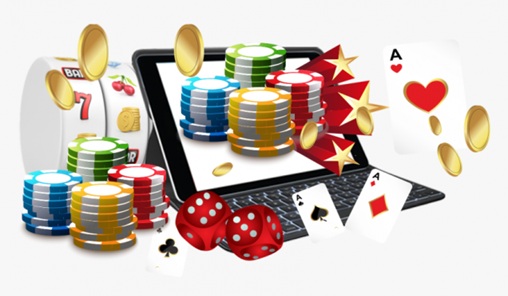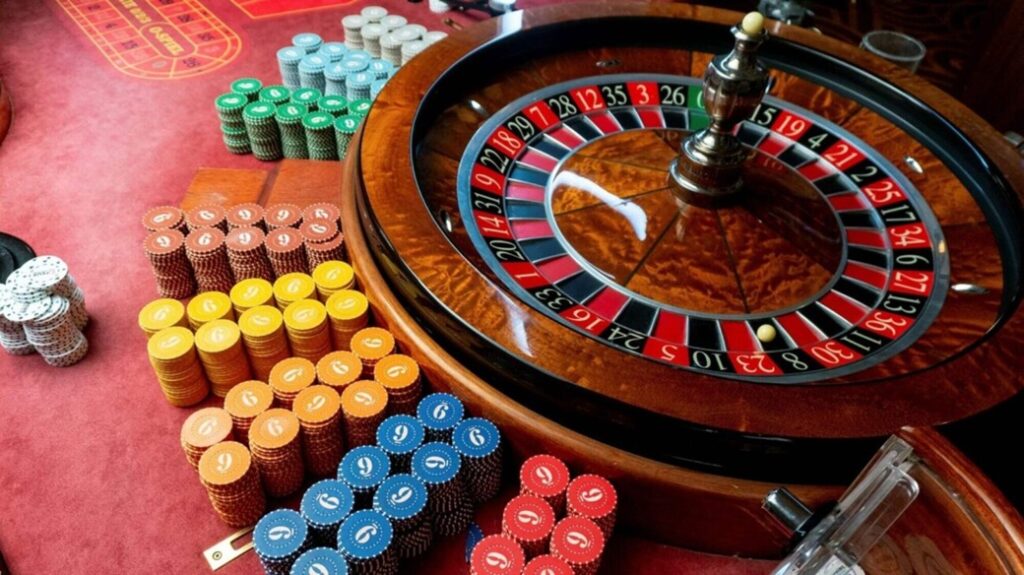Our minds are powerful tools, but they don’t always work as rationally as we might think. When gambling, psychological biases can subtly influence our decisions, often leading to irrational behavior or choices that defy logic. These cognitive biases, though unintentional, impact how we perceive risk, probability, and outcomes, making them worth understanding.
Below, we’ll explore how some of the most common cognitive traps, such as the gambler’s fallacy, confirmation bias, and the illusion of control, affect gambling choices and how to overcome them to play responsibly.
The Gambler’s Fallacy
One of the most well-known biases in gambling is the gambler’s fallacy, which refers to the false belief that past outcomes influence future ones in games of chance. For instance, if a roulette wheel lands on red five times in a row, players might assume the next spin is “due” to land on black. However, this logic doesn’t hold up. Each spin of the wheel is independent, with an equal probability of landing on black or red, regardless of previous results.
This fallacy can lead to risky decision-making, such as betting larger amounts under the belief that “luck has to change.” The key to avoiding this bias is to remember that games of chance are just that random. Accepting that you can’t predict or control the outcome is the first step toward rational gambling.
Confirmation Bias
Confirmation bias is the tendency to focus on information that supports our existing beliefs while ignoring anything that contradicts them. When gambling, this bias often manifests in the form of selectively remembering wins while disregarding or rationalizing losses. A player might, for example, believe they are “lucky” at a particular slot machine because they’ve hit a few wins, conveniently forgetting the many times they’ve walked away empty-handed.
This skewed perspective can encourage continued gambling on unfavorable terms, as we convince ourselves that our luck is better than it truly is. To counter this bias, track your wins and losses objectively. Many online casinos offer tools or account histories that display your results over time. Seeing the full picture helps break the illusion and fosters more rational decision-making.
The Illusion of Control

The illusion of control occurs when players overestimate their ability to influence outcomes in games of pure chance. For instance, some gamblers may believe that blowing on dice or choosing their lottery numbers increases the likelihood of winning, despite the randomness of these games.
Even in games involving skill, like poker, this bias can lead to overconfidence, with players attributing wins to their abilities and losses to bad luck. While it’s natural to want to feel in control, it’s important to understand the actual mechanics of the game you’re playing. Acknowledge where skill matters (like in poker or sports betting) and where it doesn’t (like in slot machines or roulette).
Conclusion
Cognitive biases are a natural part of human psychology, and they can often steer us toward irrational decisions, especially in gambling. From the gambler’s fallacy to confirmation bias and the illusion of control, these mental shortcuts explain why we sometimes think we have more influence than we actually do. Awareness is the first line of defense. By learning to spot these biases in your behavior and using effective strategies to counteract them, you can enjoy gambling for what it truly is.

